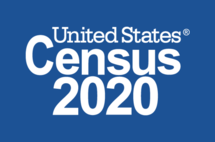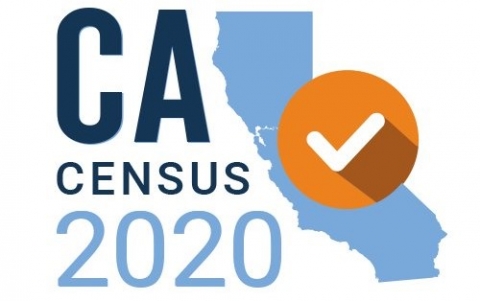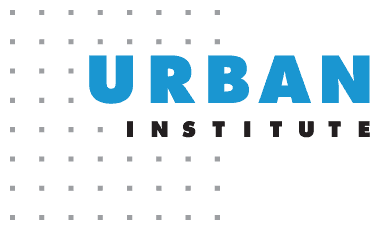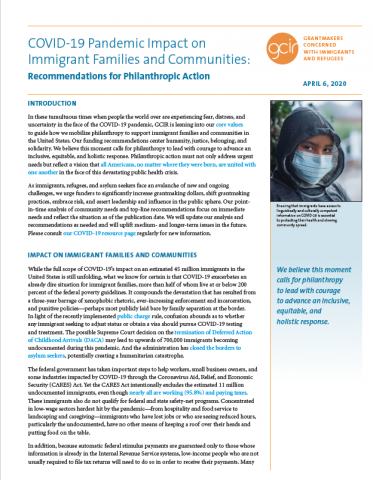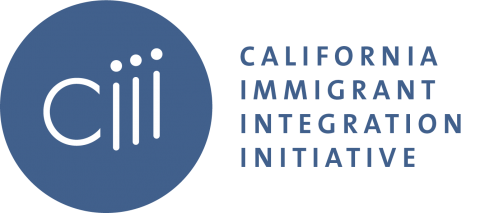Report
August 2020
Led by the Immigration Hub and America’s Voice, more than 100 organizations have worked together over a period of 9 months to develop detailed policy prescriptives, instructions for implementation, and a clear vision of our expectations. The 2021 Immigration Action Plan is a preview of our collective efforts. It identifies 10 actions with specific steps to both reverse the racism and damage of the Trump years and discard the longstanding harsh criminalization and deportation policies that have defined many past administrations.
Source:
The Immigration Hub
America's Voice

